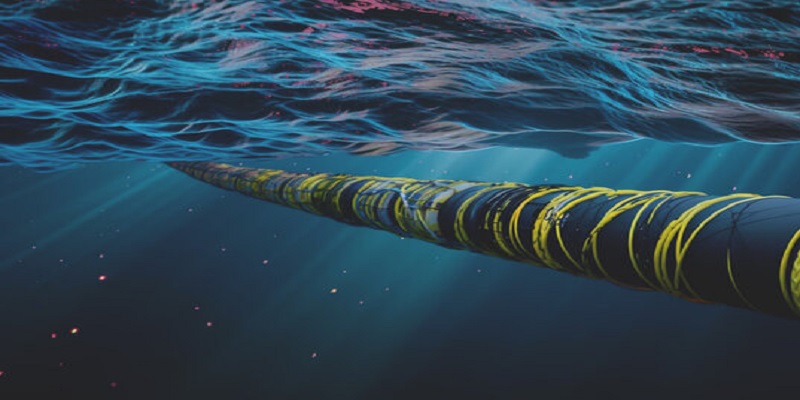- Internet outage was due to faults in the undersea cables connecting the region to the rest of the world
- Internet users in the East African region are experiencing poor connectivity
- In March, parts of West and Southern Africa also faced similar outages
Internet users in the East African countries of Kenya, Tanzania, Rwanda, and Uganda are experiencing poor connectivity, with service providers across the region acknowledging the issue.
Ben Roberts, an industry expert told the BBC that the intermittent service was due to faults in the undersea cables connecting the region to the rest of the world via South Africa.
In March, parts of West and Southern Africa also faced a similar outage which affected countries including South Africa, Nigeria, Ivory Coast, Liberia, Benin, Ghana and Burkina Faso.
The widespread internet outages were attributed to damages sustained by the MainOne and ACE submarine cables.
Cloudflare Radar, an internet connectivity monitoring service, reported that Tanzania was one of the worst-affected countries, with traffic dropping to 30% of expected levels.
Different service providers have been communicating with their customers regarding the ongoing issues.
Safaricom, a service provider in Kenya stated “Our sincere apologies for the experience. We are looking into the issue for resolution as soon as possible. Kindly bear with us.”
Airtel Ugandan has said it was aware of the “intermittent internet service.” And MTN Rwanda said there was “an issue of degradation of international links.”
According to Cloudflare Radar, Malawi, Mozambique, and Madagascar have also experienced the effects of these ongoing issues.
One cable that runs alongside the coast of East Africa, known as Eassy, had reportedly been cut some 45km (28 miles) north of the South African port city of Durban.
Roberts dismissed the notion of sabotage and instead attributed it to an unfortunate coincidence.
Despite the disruptions, alternative cables linking East Africa to Europe remain operational. Over time, as data is re-routed through these alternative pathways, it is expected that service should gradually improve.

